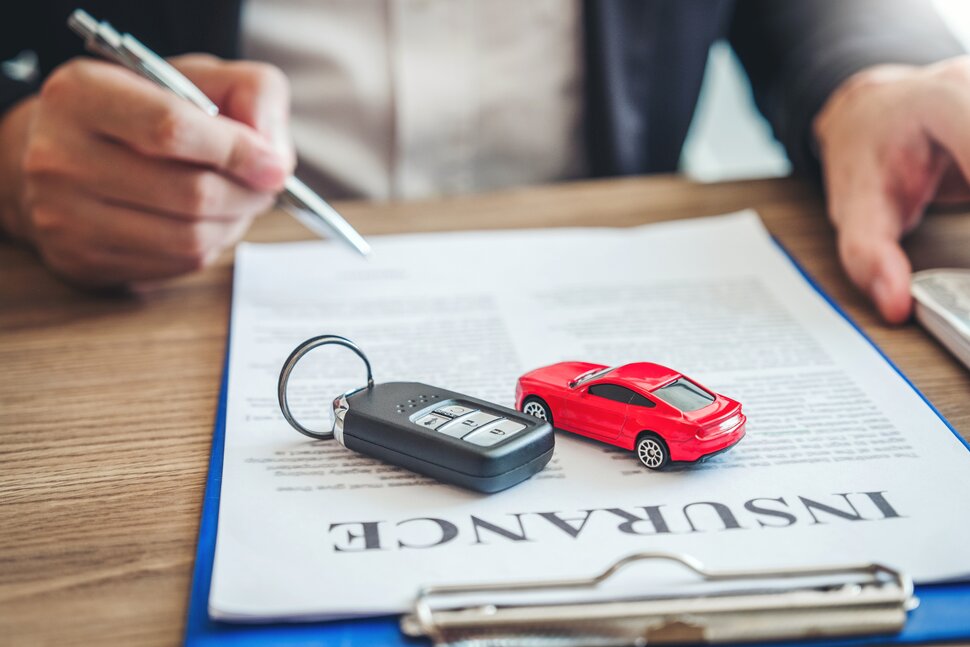How car insurance deductible work?
If you’ve ever been involved in an accident, you’re likely familiar with a deductible. Whether it’s for a medical bill, home repair, or a car accident, you’ve probably faced one at some point or another.
However, because insurance works differently depending on the type of coverage you have, the rules for one type of deductible cannot always be applied to another type of deductible.
Let’s take a closer look at how car insurance deductibles work and what you should know before you have to worry about repairs after an accident.
What is a car insurance deductible?
Car insurance deductibles are the amount you pay before your insurance company pays out on a claim. Some types of insurance, such as comprehensive and collision insurance, have deductibles.
These two types of insurance are optional. They are not required by law in any state.
Read Also: America Bankers Insurance Company of Florida
However, you may need a deductible on your insurance policy if you have financed or leased a vehicle.
How does a car insurance deductible work?
Let’s say your collision insurance deductible is $500 and you’re filing a claim for auto repairs for an accident you were at fault for. You’ll need to pay the $500 deductible right away, but after you pay that, your insurance company will cover the rest of your claim, so you’ll be good to go.
You might be able to increase or decrease your deductible. In most cases, an increase in your deductible means you’ll pay less for your policy because you’ll have a lower deductible.
On the other hand, if you choose a lower deductible, you’ll end up paying more for your policy because your deductible will be higher, but you’ll also have a lower deductible because you won’t have to pay as much out of pocket.
One of the benefits of adjusting your deductible is that you get to choose how much coverage you need.
Read Also: Drone Insurance Inspectors
When do I have to pay an auto insurance deductible?
This is another “sometimes but sometimes not always” answer that can make insurance complicated.
But the simplest way to think about it is that if your insurance includes a type of coverage with a deductible, you’ll have to pay the deductible every time you make a claim.
For instance, most insurance companies require comprehensive and collision coverage deductibles. Collision coverage pays for repairs to your vehicle, even if you’re at fault for causing the accident, which your liability coverage wouldn’t cover.
Comprehensive coverage pays for damage from non-accident events, such as tornadoes, deer collisions, or vandalism.
What is a good deductible for car insurance?
Many uninsured motorist policies also include a deductible. Uninsured motorist insurance pays for costs incurred by another driver who doesn’t have insurance.
Underinsured motorist insurance also pays for costs that exceed the coverage limits of the other driver.
Read Also: Avoid These Six Common Life Insurance Mistakes
What is a good deductible for car insurance?
There’s no such thing as a “good” or “bad” deductible because each driver is unique. Instead, a more helpful question might be, “How much would you be able to afford to pay if you were at fault for the accident?”
Your deductible tells your insurance company how much you’ll have to pay before your coverage kicks in. So, in some situations, it might be easier to pay a higher premium every month than to have to pay a thousand dollars after an accident.
Let’s say you want more coverage for your vehicle, so you decide to get comprehensive auto insurance. The typical deductible for comprehensive auto insurance is $500.
However, you can also choose to have a deductible of $250 or $1,500, or even a deductible of $2,500. This will also affect the premium you pay for your policy.
Read Also: How Much Insurance Agents Make
A higher deductible may seem like an excellent way to save money on car insurance. However, this is not always the case. Being a safe driver doesn’t mean you are accident-proof; accidents happen.
If you can’t afford your deductible and repair your car, you could end up in financial or legal trouble.
You will pay your deductible each time you file for car repairs following an accident that you caused. In some cases, a lower deductible can be worth a higher premium because you won’t have to pay out of pocket for repairs. However, it’s up to you to decide how much of a financial responsibility you’re willing and able to take on.


